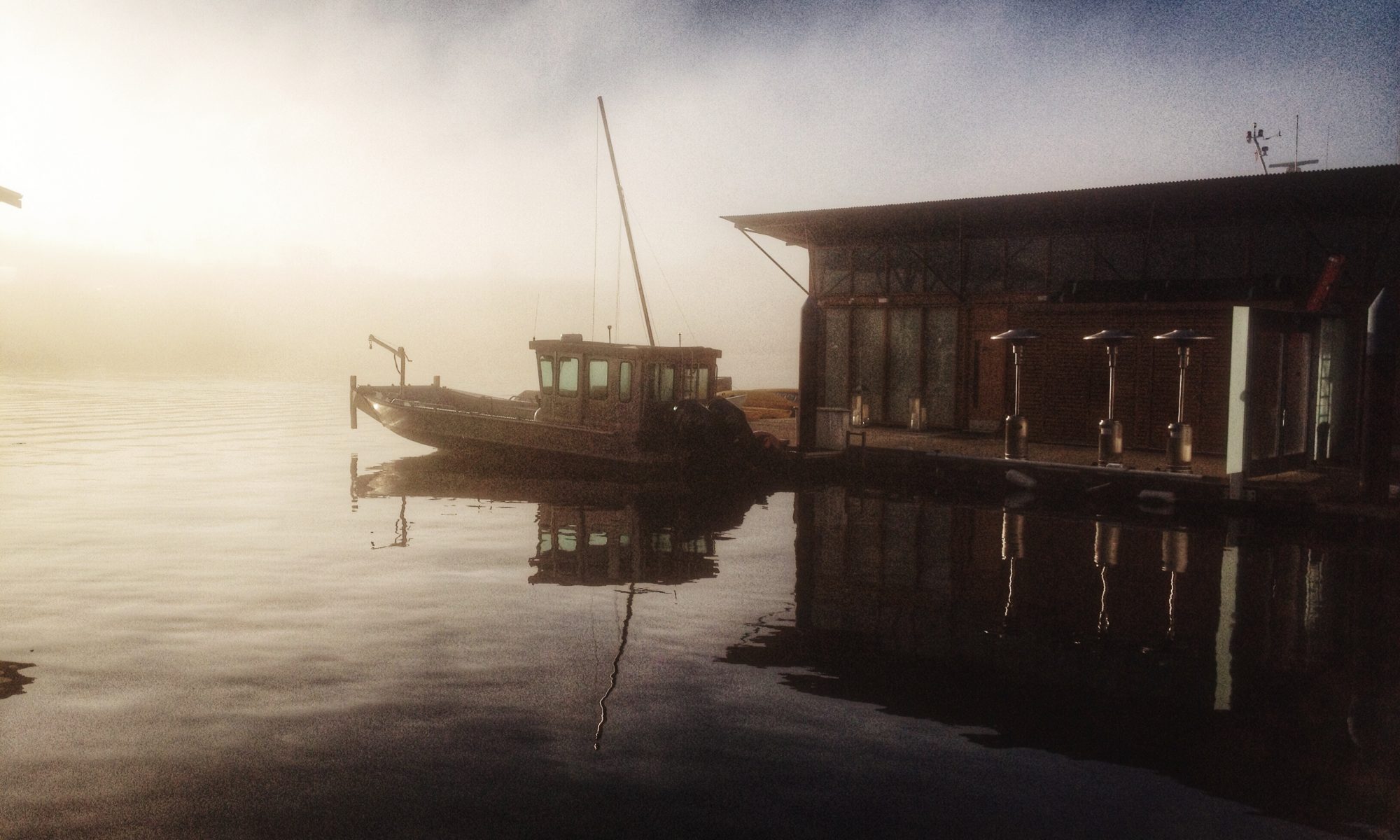I was reading this article on Ars Technica about the town of Monticello, MN, who had tried to build its own 50Mbs fibre network after TDS (the local cable monopoly I assume?) had done nothing. This story ends with (of course) TDS taking the city to court (incidentally, the city won at every level, all the way to the supreme court), and using that delay to place fibre itself. The citizens still won, however, as it was a free upgrade in speed for them.
Cities all over North America are struggling for new revenue streams. Vancouver itself has a huge shortfall, and is looking for new revenue sources. Additionally, Vancouver wants to be the “Green Capital” of the world. So why not run city-owned fibre throughout the city? Currently, people have a choice of Telus ADSL, or Shaw cable, and if you’re downtown, Novus. But the service is slow, it costs a fortune – and there’s no real incentive for either Telus or Shaw to either lower prices or raise speeds, or generally, innovate – because they don’t really have any fear of competition (aside: Where Shaw does have competition from Novus, their price & service is great). So why doesn’t Vancouver roll out a super-high-speed fibre network itself across Vancouver? Revenue could then be handled one of 2 ways (there’s likely other models too – these are just the 2 that immediately come to mind): either lease the lines to private companies to resell (probably far easier to manage logistically), or sell directly to residents (or simply have residents pay a new annual levy on their taxes). Not only would this definitely make Vancouver an attractive city for business to come to (cheap high-speed internet, yes please!), it would also promote telecommuting, remote work, etc. I would argue this falls in line with the goal of being an “Open City” too – broadband for all makes information more easily accessible to end-users.
Would the initial investment be large? Yes. But I suspect it would pay for itself quite quickly – I certainly don’t, and I suspect that most of my fellow Vancouverites have zero loyalty to their internet-access provider (aside: everyone I know who uses Novus loves it – those who use either Shaw or Telus seem to tolerate it, viewing it as the least-bad option between the two). I also think that this sort of urban infrastructure development is exactly what federal stimulus money is good for (although clearly, this does not count as “shovel ready”).

I've been really disappointed (but maybe not surprised) watching the behaviour of the cable companies in the states whenever metropolitan areas have tried to install internet access for their citizens. They've sunk pretty low… this whole “improper use of taxes” argument is plainly a front to protect their monopolies. You don't see any other taxpayers complaining about it.
The “threaten to start a city-owned installation in order to spur a private company into providing coverage” design pattern works in the short term but you're getting a for-profit network rather than a citizen-owned one… it's only a matter of time before they start digging their claws into your wallet.
What I think would be even more useful, and probably easier to install and maintain, would be blanket wifi coverage across the downtown core. Several metropolitan areas have tried to install this in the states… again I'm not sure that any of them have succeeded… the cable companies get their lawyers out pretty fast.
Maybe there's an argument that it's unnecessary… there's usually a coffee shop within a couple of blocks (http://www.theprovince.com/maps/wifi.html) and if you've got a smartphone you're never really away from the internet but wouldn't it be nice to occasionally take your laptop into the park, the pub patio, the bus, a customer's office?
I like the idea of blanket wifi, I'm of the opinion that it's fairly unwieldy and hard to do right. I do think that fibre is actually more useful in that it serves more than “casual” connecting, which wifi is good for. It also becomes an enabler to better wifi penetration if there's high-speed fibre attached to all those wifi spots – be they city-owned or privately-owned.
Point taken about take-up/usefulness… if you provide good wired connectivity at a decent speed and price then you're replacing rather than augmenting.
I'm sure the city doesn't want to get involved in the minutiae of such a scheme but I could see them giving their backing or some sort of franchise deal to a private company to install & run a network for them.
And I REALLY like the idea of using that as a springboard for wifi penetration. Maybe market a city-branded version of the FON router: http://en.wikipedia.org/wiki/FON
Point taken about take-up/usefulness… if you provide good wired connectivity at a decent speed and price then you're replacing rather than augmenting.
I'm sure the city doesn't want to get involved in the minutiae of such a scheme but I could see them giving their backing or some sort of franchise deal to a private company to install & run a network for them.
And I REALLY like the idea of using that as a springboard for wifi penetration. Maybe market a city-branded version of the FON router: http://en.wikipedia.org/wiki/FON